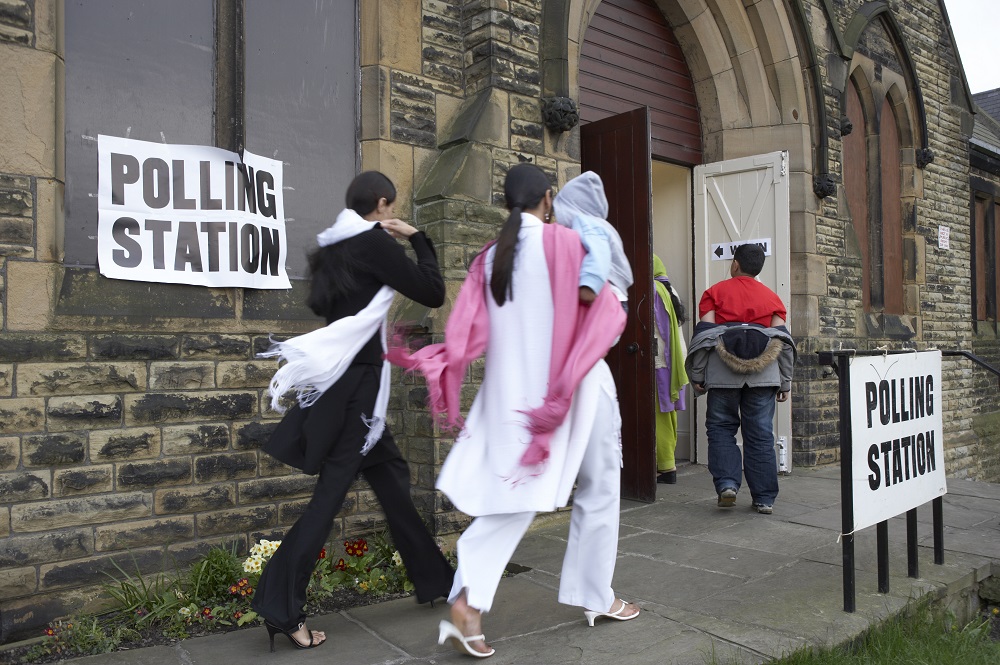Voting is easy, elections inclusive
and turnout high

Millions of citizens – predominantly young, from racialised and minoritised ethnicities, born overseas, renting their homes or living on low incomes do not register or vote. For instance, the gap between graduates and non-graduates voting doubled in 2024 compared to 2019. Registration and voting gaps contribute to democratic inequality – an unequal ability to contribute and influence – undermining the legitimacy of UK democracy.
An Elections Bill is anticipated in 2025 which will open up short-term prospects for significant system reform. However, turning around long-term trends in low turnout will require sustained efforts to remove barriers and tackle disengagement from democracy.
JRRT funds similar work to that funded by the UK Democracy Fund with a particular focus on proposals that may be politically contentious, or unable to be charitably funded.
Funding areas may include:
- Modernising the election system introducing Automatic Voter Registration and further long-term system reform to make electoral participation easier and more inclusive.
- Introducing Votes at 16 across the UK to enfranchise 1.5 million young people and further franchise extension eg to settled residents.
- Countering efforts to suppress voter participation.
- Increasing registration and turnout of low-voting demographics.
Image: Daniel Heighton / Shutterstock.com
